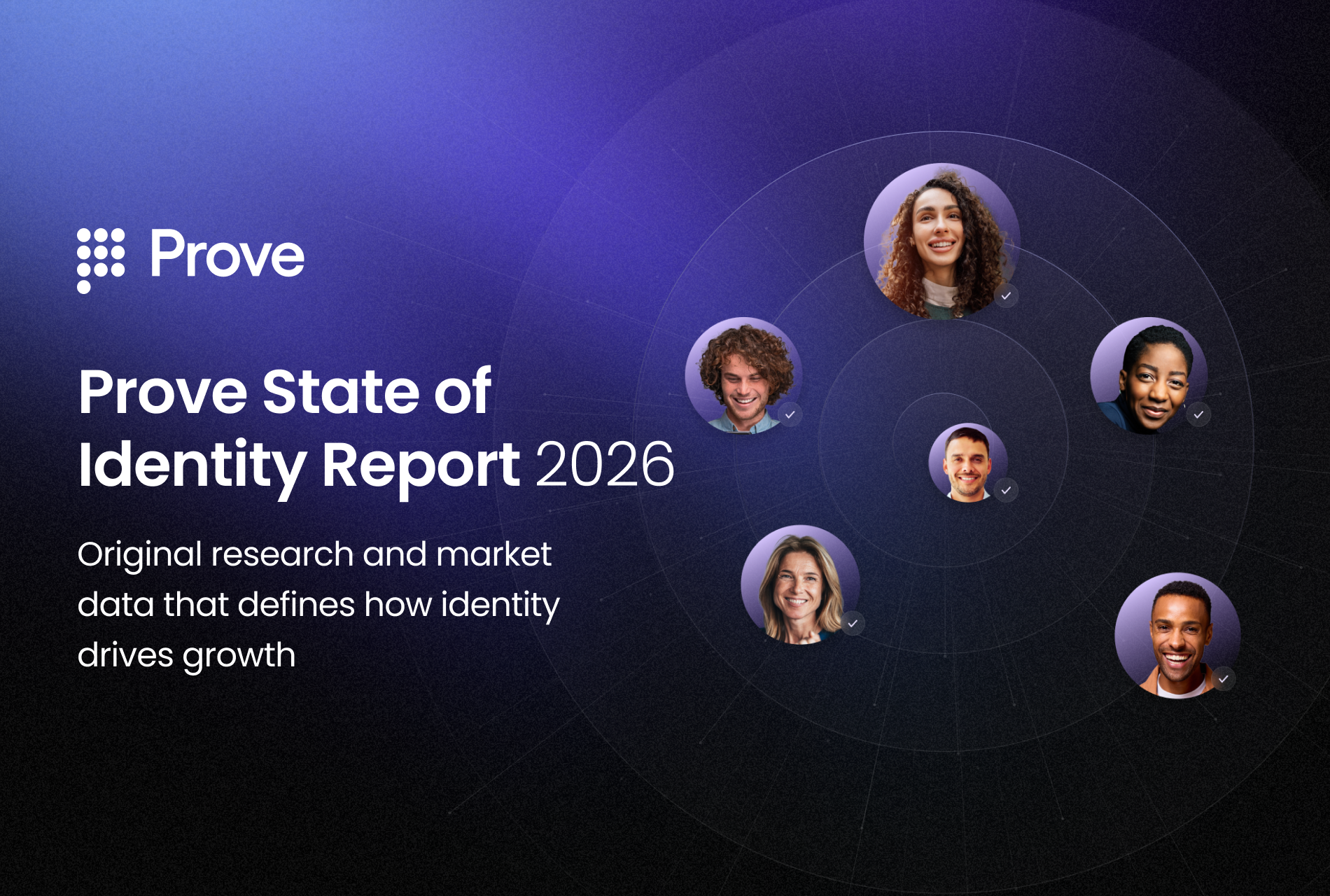Barriers and Drivers of InsurTech Adoption

Even though lending and payments startups have been the hottest over the course of the FinTech revolution in terms of the number of companies that raised funds, we have been predicting that InsurTech is becoming a hot topic and sector for bright entrepreneurs to develop disruptive solutions. Investors also have been paying attention to the sector, as the insurance industry is the biggest in the US, with net premiums of $1.1 trillion in 2014. There is already a range of InsurTech companies paving their way to a trillion-dollar industry, and HealthTech is a vital sector to follow as it may completely change the way we look at health insurance soon.
However, even InsurTech can face certain obstacles on its way to democratize insurance. Along with obstacles, there are also factors to facilitate InsurTech adoption. Let’s look at the groups of those factors.
Factors to serve as adoption barriers
One of the inhibitors for adopting any technology replacing a human-like the AI Evia – could be a demand from the customers to interact face-to-face with another human. The desire for social interactions can’t be diminished even in the face of more efficient operations and a better offering.
Another problem could be related to the significantly increased data flow that could overload the systems and cause quality and privacy issues and cyberattacks, resulting in a rollback to decision-making based on intuition.
The environmental factor can never be dismissed as it is not dependent on any action of people and is not controlled by insurers. In case of an environmental disaster combined with the inability to predict the catastrophe based on data, chances are insurers will drop the unprofitable offerings.
Some believe that we live in a regionalized world where products are tailored to serve the population in a specific region. With InsurTech, the case may be that some regions and populations will be in advantageous positions and can use advanced and cheaper insurance services compared to other regions. It may deepen the exclusion and serve as a factor to drive inequality in the quality of life.
Last but not least is a regulatory burden factor. Governments have complex and cumbersome legislation related to insurance, which can serve as a barrier for innovators to make a difference. In addition, the high cost of compliance can negatively affect profitability and drive InsurTech companies which are potentially beneficial for the population out of business. Fortunately, RegTech can make a difference in this area.
Factors to drive adoption
One of the factors that could significantly facilitate adoption is social consolidation when self-formed and self-organized groups of the population directly interact with insurance companies to negotiate a better offering.
Sophisticated and automated data collection and analytics can improve decision-making and efficiency. It can also ensure tailored offerings, hence, improving the customer experience. Moreover, data scientists can significantly impact the productivity of those systems and create truly sophisticated protocols to brush through meaningful data and make the best decisions.
Insurance and risk analysis are closely related fields as an insurance choice is based on risk estimation. As InsurTech gains momentum, data-backed predictions on risk are becoming more relevant for efficient insurance estimation. There are important players in the field powering carriers, and more will emerge in the nearest future.
Advanced data-focused, early-warning technologies and new risk transfer/sharing mechanisms can reduce the losses from environmental hazards and other catastrophic events. Contrary to the complex regulatory burden on emerging players, governments that improve the legislation to ease the way of innovative solutions into the market will have a positive outcome for the population and overall industry.
To learn about Prove’s identity solutions and how to accelerate revenue while mitigating fraud, schedule a demo today.

Keep reading
 Read the article: How Prove’s Global Fraud Policy Stops Phone-Based Fraud Others Miss
Read the article: How Prove’s Global Fraud Policy Stops Phone-Based Fraud Others MissLearn how Prove’s Global Fraud Policy (GFP) uses an adaptive, always-on engine to detect modern phone-based threats like recycled number fraud and eSIM abuse. Discover how organizations can secure account openings and recoveries without increasing user friction.
 Read the article: Prove Supports Safer Internet Day: Championing a Safer, More Trustworthy Digital World
Read the article: Prove Supports Safer Internet Day: Championing a Safer, More Trustworthy Digital WorldProve proudly supports the goals and initiatives behind Safer Internet Day, a worldwide effort that brings together individuals, organizations, educators, governments, and businesses to promote the safe and positive use of digital technology for all, especially young people and vulnerable users.
 Read the article: Prove’s State of Identity Report Highlights the New Rules of Digital Trust
Read the article: Prove’s State of Identity Report Highlights the New Rules of Digital TrustProve’s State of Identity Report explores why traditional point-in-time verification is failing and how businesses can transition to a continuous, persistent identity model to reduce fraud and improve user experience.













